Baoquocte.vn. Vietnam has determined a roadmap for piloting the carbon market in the spirit of "doing while perfecting" to stay ahead of and catch up with world trends.
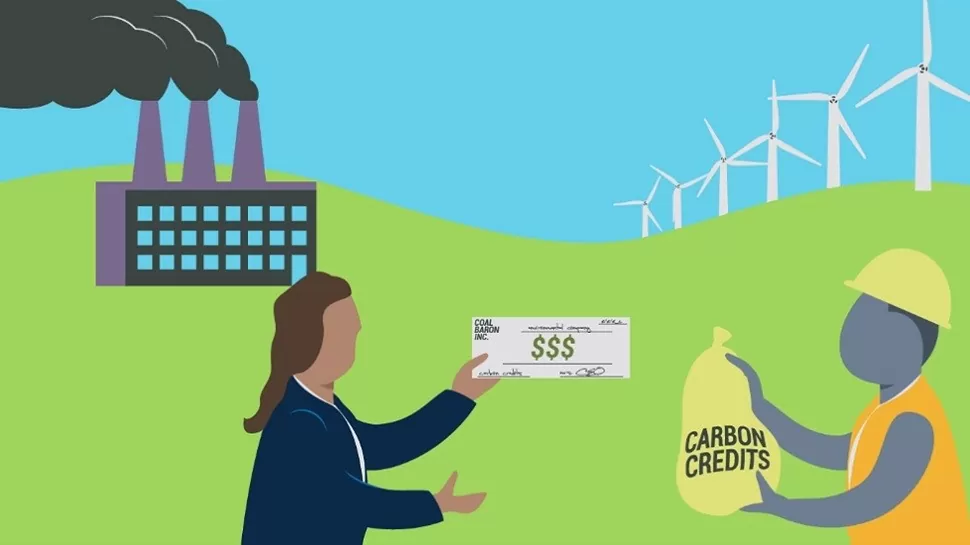 |
Currently, the world is trading carbon credits on two markets: mandatory and voluntary. (Source: Getty) |
The carbon market originated from the United Nations Kyoto Protocol on Climate Change (1997). Accordingly, countries with excess emission rights are sold to or purchased from countries that emit more or less than their committed targets. Since then, a new type of commodity has appeared in the world: certificates for reducing and absorbing greenhouse gas emissions.
Currently, the world is trading carbon credits in two markets: mandatory and voluntary. Of which, the mandatory carbon market is the market where carbon trading is based on the commitments of countries in the United Nations Framework Convention on Climate Change (UNFCCC) to achieve greenhouse gas reduction targets. These are important mechanisms contributing to the emission reduction target under the Paris Agreement, bringing the emission level down to 28% by 2030.
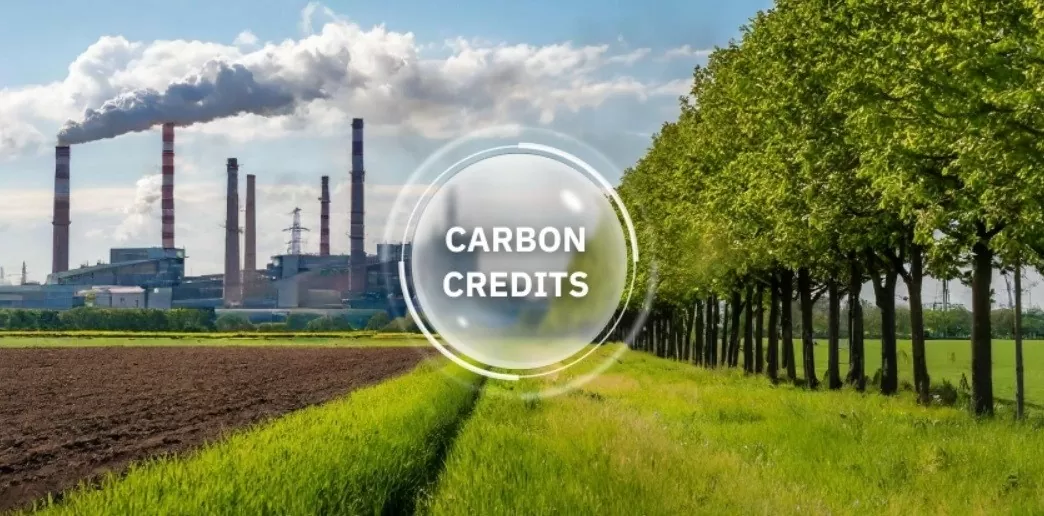 |
The size of the voluntary carbon market is forecast to reach 50 billion USD by 2030. (Source: VnEconomy) |
A report from the World Carbon Markets Institute shows that there are currently about 73 carbon mechanisms, including voluntary and mandatory markets, operating at the national and subnational levels. Currently, these mechanisms cover about 23% of total global greenhouse gas (GHG) emissions.
The operation of these mechanisms has mobilized about USD 100 billion in 2022. Mechanisms in mandatory carbon markets play a dominant role, with about 98% of total revenues generated from these mechanisms (the remaining 2% is from voluntary market mechanisms).
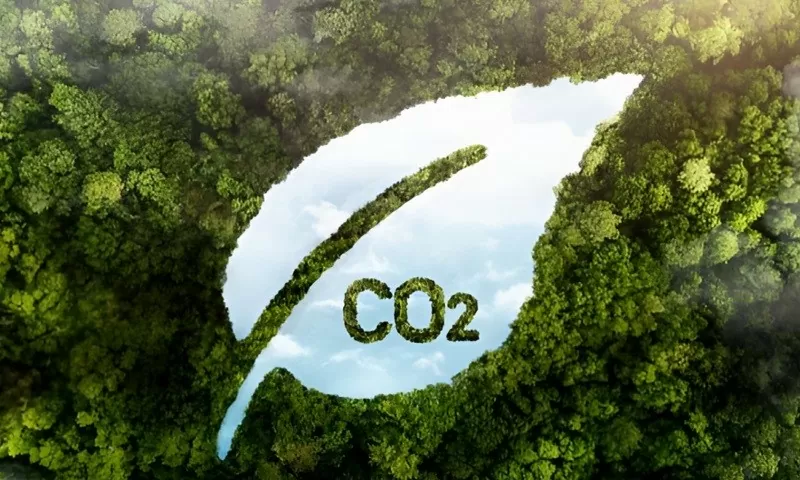 |
Vietnam still has to do and transform if it does not want to fall behind the world. (Source: VNE) |
Developing a compliant carbon market in Vietnam contributes to the implementation of the greenhouse gas emission reduction target according to the Nationally Determined Contribution (NDC) at low costs for businesses and society, creating new financial flows for greenhouse gas emission reduction activities, promoting green transformation, developing low-emission technologies, contributing to improving the competitiveness of Vietnamese enterprises domestically and in the world market, developing a low-carbon economy and proactively responding to climate change, towards achieving net zero emissions by 2050.
Mr. Bui Duc Hieu, Deputy Director of the Department of International Cooperation ( Ministry of Natural Resources and Environment ) commented that Vietnam is a developing country, with a highly open economy and production. If the carbon market is applied early, this means that businesses are forced to reduce emissions, operating costs and technology conversion will increase significantly, greatly affecting the economy. However, to achieve the set goals, Vietnam still has to do and convert if it does not want to fall behind the world.
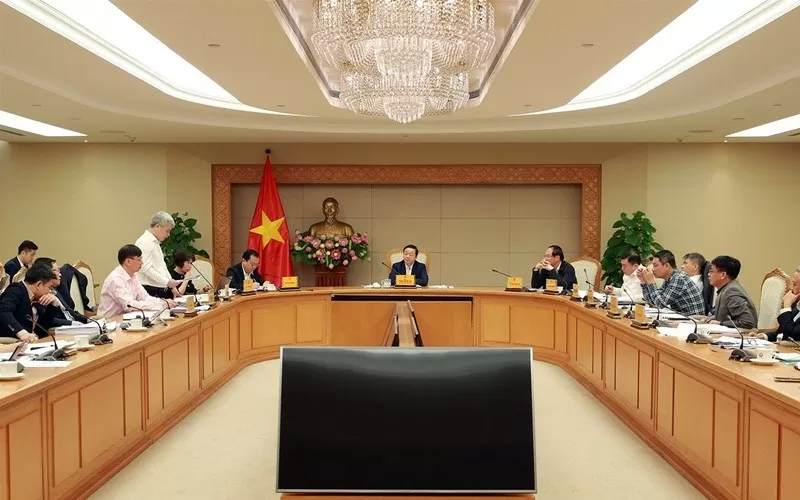 |
Deputy Prime Minister Tran Hong Ha chaired a meeting to give opinions on the finalization of the draft Project on establishing and developing a carbon market in Vietnam, October 7, 2024. (Source: VGP) |
Chairing the meeting to give opinions on the finalization of the draft Project on the establishment and development of a carbon market in Vietnam held on October 7, 2024, Deputy Prime Minister Tran Hong Ha emphasized that currently, countries have not yet reached an agreement on mechanisms, policies, technical standards, determination and allocation of carbon quotas on a global scale, ensuring fairness, clarity and transparency. Therefore, the Project determines the roadmap for piloting a carbon market in Vietnam in the spirit of "doing while perfecting" to anticipate and catch up with world trends.
The project determines that in the period of 2025-2028, the carbon market will be piloted nationwide; carbon credits will not be sold abroad; and activities to connect and exchange domestic carbon credits with regional and global carbon markets will not be regulated.
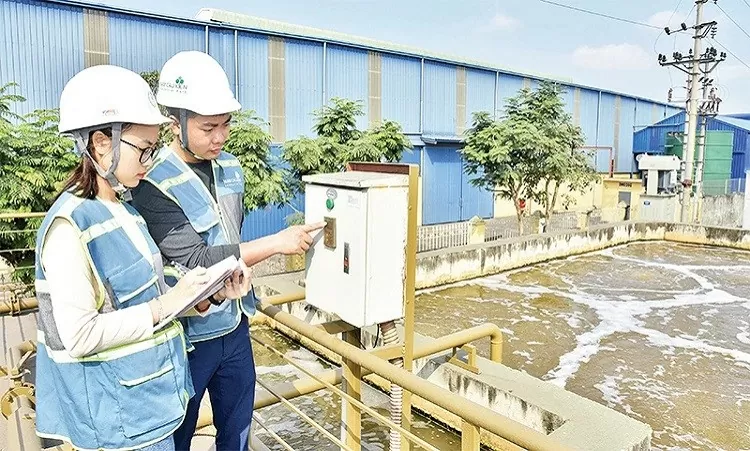 |
Early adoption of the carbon market means forcing businesses to reduce emissions. (Source: VGP) |
From 2029, the carbon market will be officially operated nationwide; additional types of certified carbon credits will be added for trading on the market; subjects participating in carbon credit trading on the carbon trading floor will be expanded; the possibility of connecting the domestic carbon market with the regional and world carbon market will be studied... At the same time, the draft Project also sets out 5 groups of tasks and solutions regarding goods on the carbon market; subjects participating in the carbon market; carbon trading floor; carbon market operation organization; raising awareness and enhancing capacity.
Source: https://baoquocte.vn/phat-trien-thi-truong-carbon-tao-suc-bat-dua-viet-nam-bat-kip-voi-the-gioi-296855.html



![[Photo] Prime Minister Pham Minh Chinh attends the event "Digital transformation of the banking industry by 2025"](https://vphoto.vietnam.vn/thumb/1200x675/vietnam/resource/IMAGE/2025/5/29/0e34cc7261d74e26b7f87cadff763eae)



![[Photo] Prime Minister Pham Minh Chinh receives leaders of Excelerate Energy Group](https://vphoto.vietnam.vn/thumb/1200x675/vietnam/resource/IMAGE/2025/5/29/c1fbe073230443d0a5aae0bc264d07fe)
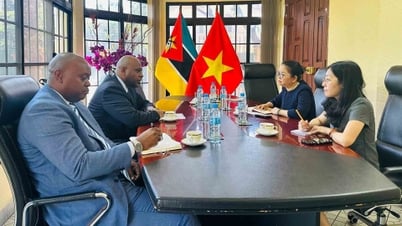


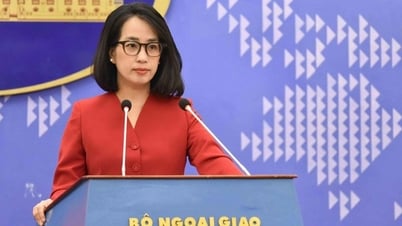
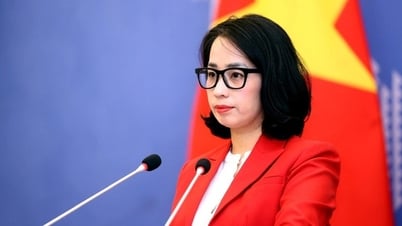
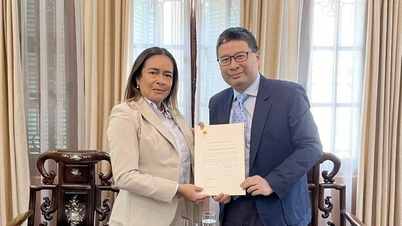






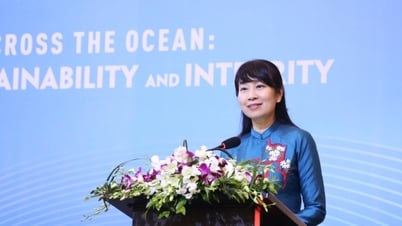




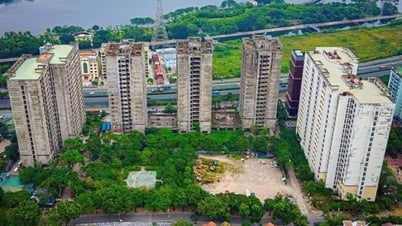




























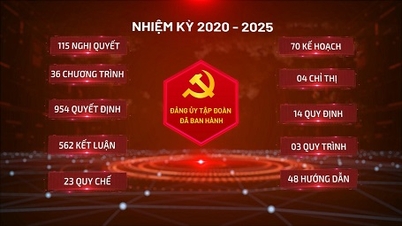


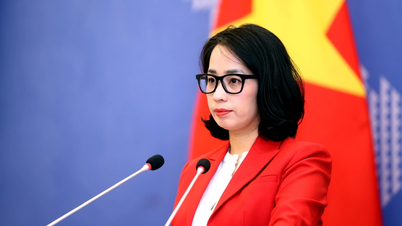










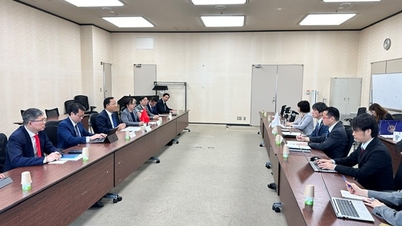

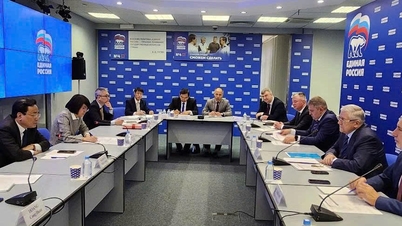

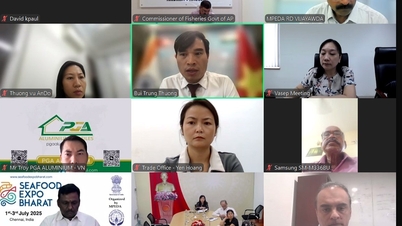
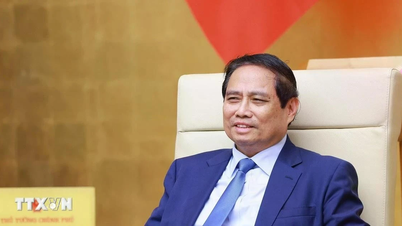

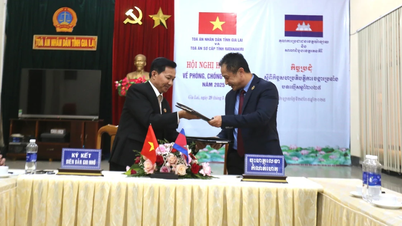









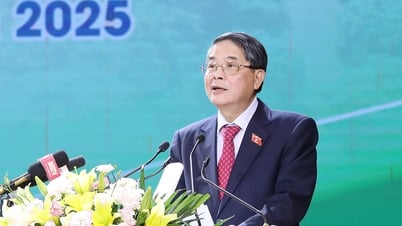











Comment (0)